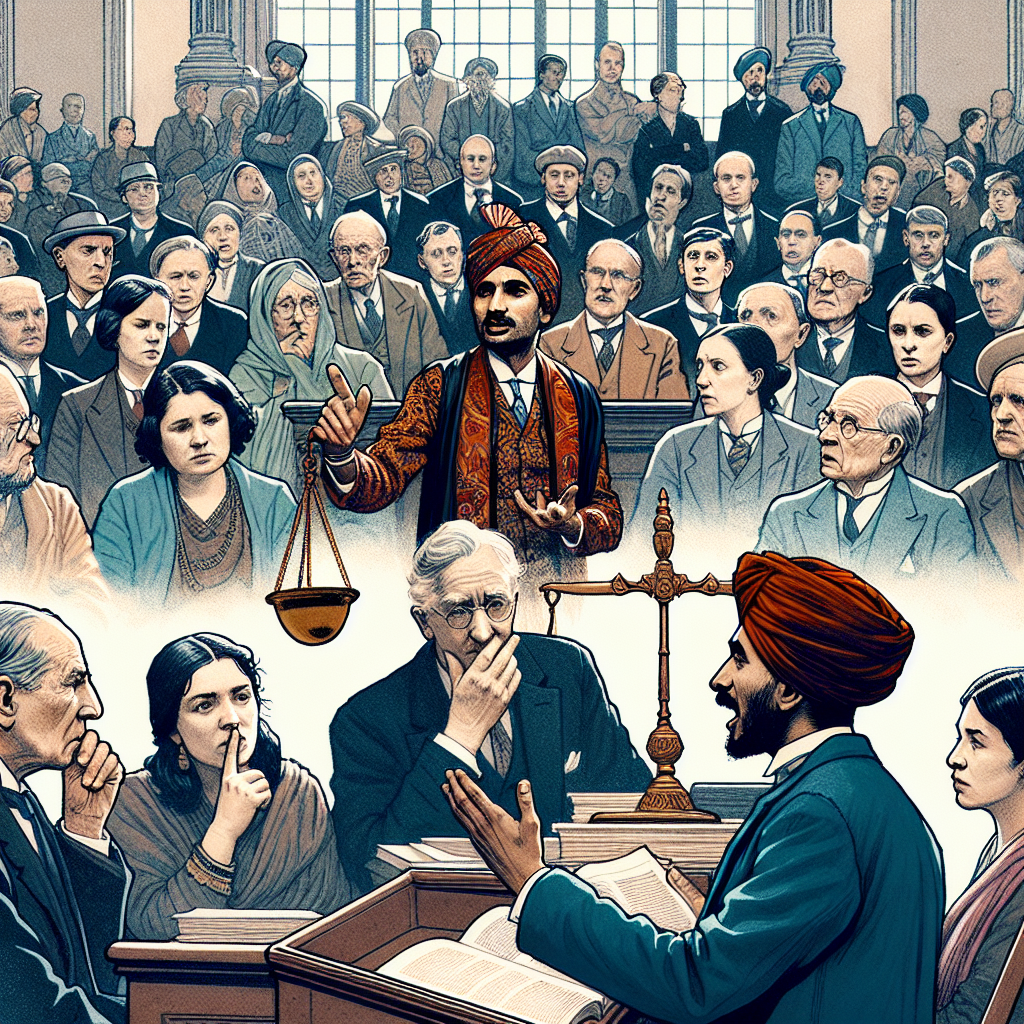India’s Opposition to Contest Muslim Properties Bill in Supreme Court
India’s Opposition to Contest Muslim Properties Bill in Supreme Court
Overview
The Indian political landscape is witnessing a significant development as the opposition parties gear up to challenge the controversial Muslim Properties Bill in the Supreme Court. This move underscores the ongoing debate over property rights and religious freedoms in the country.
Key Concerns
- Religious Freedom: Critics argue that the bill infringes on the religious rights of the Muslim community by imposing restrictions on property ownership and management.
- Legal Implications: The opposition contends that the bill contradicts constitutional provisions, particularly those related to equality and non-discrimination.
- Social Impact: There are concerns about the potential for increased communal tensions and societal divisions if the bill is enacted.
Opposition’s Strategy
The opposition parties are uniting to present a strong case against the bill in the Supreme Court. Their strategy includes:
- Legal Arguments: Highlighting constitutional violations and potential legal repercussions.
- Public Mobilization: Engaging with civil society and religious groups to build a broader coalition against the bill.
- Media Campaigns: Utilizing media platforms to raise awareness and garner public support.
Government’s Stance
The government defends the bill as a necessary measure to regulate property disputes and ensure transparency. Officials argue that the bill aims to streamline property management and protect minority rights.
Conclusion
The impending legal battle over the Muslim Properties Bill highlights the complex interplay between law, religion, and politics in India. As the opposition prepares to challenge the bill in the Supreme Court, the outcome could have far-reaching implications for property rights and religious freedoms in the country.




































